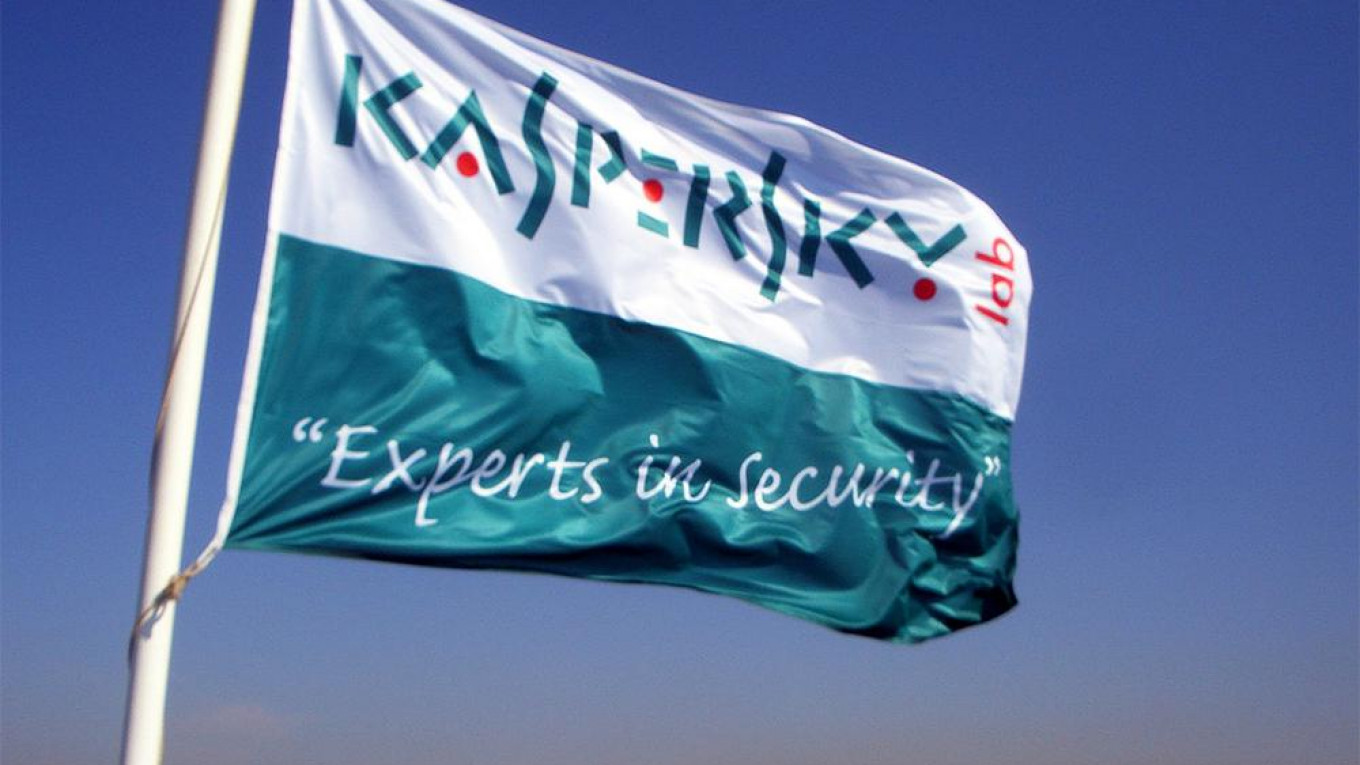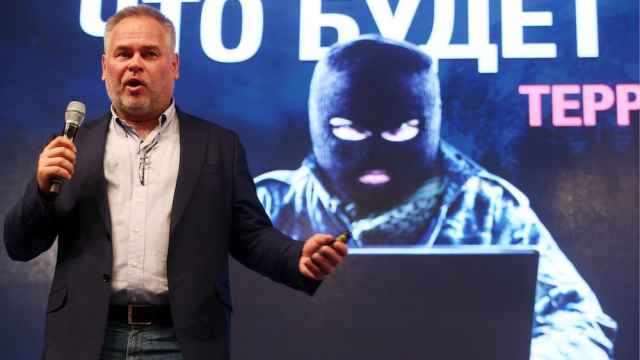Russia’s Kaspersky Lab cyber-security firm is considering closing its Washington D.C. branch as it faces increased scrutiny over suspected ties to Russian security services, the Bell reported Tuesday.
Kaspersky Government Security Solutions Inc (KGSS) could close because government agencies are in effect prohibited from maintaining contacts with the Moscow-based firm, one of the outlet’s two sources close to Kaspersky said.
Kaspersky Lab’s vice president for public affairs Anton Shingarev told the Bell that a “reorganization is planned” at the KGSS office.
The office was opened across the river from the U.S. Department of Defense in 2014 and employs 10 people, all U.S. citizens.
“We are thinking about what to do with it because the prospects are rather hazy,” Shingarev said.
Concerns that one of the world’s leading cyber-security agencies could be harboring close ties with Russia’s Federal Security Service (FSB) heightened after Bloomberg said it had gained access to Kaspersky Lab’s internal emails this summer.
The emails purported to show that the company “developed security technology at the spy agency’s behest” and worked on joint projects with the FSB that Kaspersky Lab’s CEO “knew would be embarrassing if made public.”
The company and one of its founders and leading shareholders, Eugene Kaspersky, strongly denied the allegations.
Two months after the Trump administration removed Kaspersky Lab from the list of state agencies’ software vendors, saying its products could be used to carry out “nefarious activities against the United States,” the U.S. Senate is reportedly gearing up to legislate a government-wide ban on Kaspersky products.
The private sector followed soon after, with the United States’ largest electronic retailer Best Buy announcing it will stop selling Kaspersky Lab’s products at its stores.
The U.S. and Canada generate nearly a quarter of Kaspersky Lab’s earnings, exceeding $600 million in 2016, according to the Bell.
The cyber-security firm suggested that Western media could be publishing damaging reports as payback for Kaspersky’s revelation in early 2015 that U.S. spy agencies were carrying out cyber-espionage and attacks around the world.
A Message from The Moscow Times:
Dear readers,
We are facing unprecedented challenges. Russia's Prosecutor General's Office has designated The Moscow Times as an "undesirable" organization, criminalizing our work and putting our staff at risk of prosecution. This follows our earlier unjust labeling as a "foreign agent."
These actions are direct attempts to silence independent journalism in Russia. The authorities claim our work "discredits the decisions of the Russian leadership." We see things differently: we strive to provide accurate, unbiased reporting on Russia.
We, the journalists of The Moscow Times, refuse to be silenced. But to continue our work, we need your help.
Your support, no matter how small, makes a world of difference. If you can, please support us monthly starting from just $2. It's quick to set up, and every contribution makes a significant impact.
By supporting The Moscow Times, you're defending open, independent journalism in the face of repression. Thank you for standing with us.
Remind me later.






